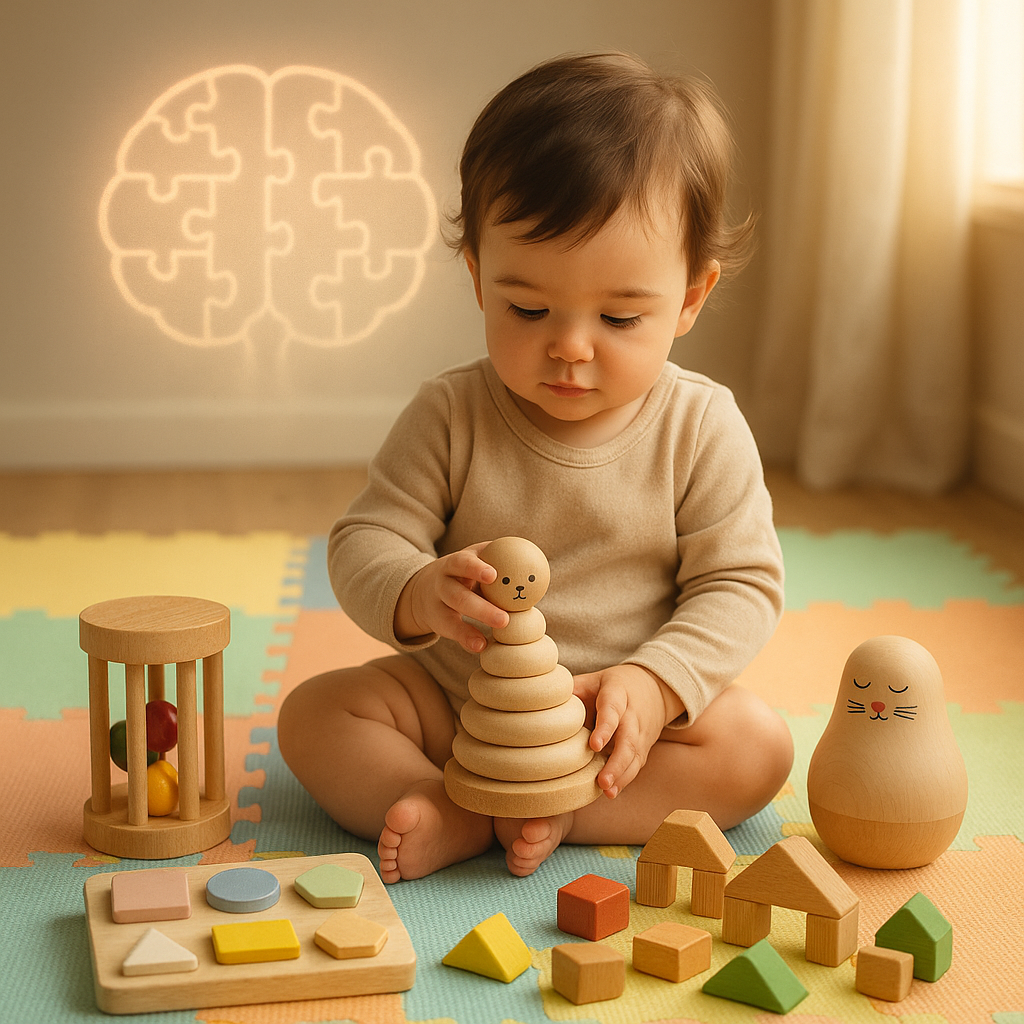
Post-Delivery Depression – Why It Happens ; Why We Need to Talk About It
People often say, “Bringing a baby into the world is the happiest moment of a mother’s life.”And yes, it really is magical – those tiny fingers curling around yours, the soft little cries, that first cuddle you never forget.
But here’s the thing nobody tells you loudly enough: along with all that love and joy, many new moms also feel exhausted, anxious… and sometimes, unexpectedly sad.
This isn’t you “being ungrateful” or “too sensitive.” It’s something real, and it has a name – Post-Delivery Depression (also called Postpartum Depression). And honestly? It’s far more common than people think.
It’s Not Just the “Baby Blues”
Almost 70–80% of new mothers go through emotional ups and downs in the first few days after birth – that’s the baby blues. It happens because your body is doing this wild dance of hormonal changes, you’re running on almost no sleep, and you’re adjusting to a whole new routine. Usually, these feelings ease up in a week or two.
But… if the sadness feels heavier, sticks around for weeks, or starts affecting how you care for yourself or your baby – it could be postpartum depression. And that’s not something to brush off.
Why It Happens
Signs to Watch Out For
Why We Need to Talk About It
In our mothers’ and grandmothers’ time, these feelings were almost never spoken about. The focus was all on the baby’s health – no one really asked how the mother was doing inside.
But here’s the truth: a happy, emotionally healthy mom is just as important for a baby’s well-being.
Talking about it – whether to your partner, a friend, or a doctor can change everything. Postpartum depression isn’t a weakness. It’s a medical condition, and with help, it can be treated.
Small Steps That Can Help
The Bottom Line
Motherhood is beautiful… but it’s also overwhelming, messy, and intense. Feeling low after delivery doesn’t make you a bad mom – it makes you human.
You’ve just brought a new life into this world. Now, it’s okay – no, it’s necessary – to take care of yourself too. ❤️



Leave a comment
This site is protected by hCaptcha and the hCaptcha Privacy Policy and Terms of Service apply.